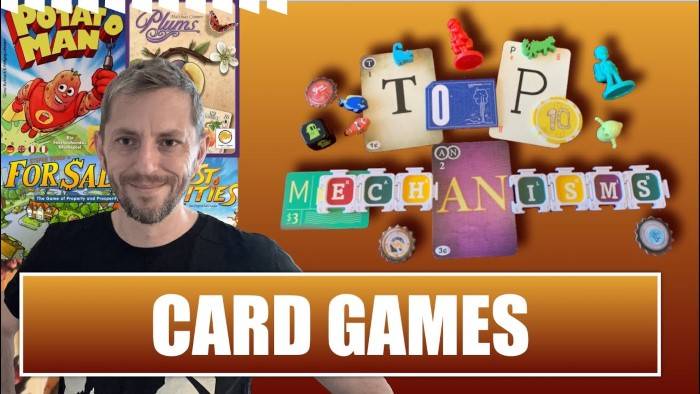Card games have been a staple of human entertainment for centuries, captivating players with their blend of strategy, luck, and social interaction. From traditional favorites like Poker and Blackjack to modern classics like Magic: The Gathering and Hearthstone, the world of card gaming offers something for everyone. In this comprehensive guide, we’ll explore the diverse landscape of card games, from their origins to their modern incarnations, covering everything from gameplay mechanics to tips for success.
The History of Card Games

- Ancient Origins: Card games have a rich history dating back to ancient China, where paper playing cards are believed to have originated during the Tang Dynasty.
- Spread Across Continents: The concept of playing cards spread to other parts of Asia and eventually to Europe, where they evolved into the familiar deck of 52 cards with four suits: hearts, diamonds, clubs, and spades.
- Popularity Explosion: The popularity of card games exploded in the 19th and 20th centuries, with games like Poker, Bridge, and Rummy becoming household names.
Types of Card Games
- Traditional Card Games: Includes classics like Poker, Blackjack, Bridge, and Rummy, which typically involve a standard deck of playing cards and are often played for money or other stakes.
- Collectible Card Games (CCGs): Games like Magic: The Gathering, Yu-Gi-Oh!, and Pokémon TCG, where players build custom decks from a pool of available cards and compete against each other.
- Living Card Games (LCGs): Similar to CCGs but with a fixed distribution model, such as Android: Netrunner and Arkham Horror: The Card Game, which offer expansions with set cards rather than randomized booster packs.
- Deck-building Games: Games like Dominion and Star Realms, where players construct their decks during gameplay by acquiring cards from a common pool.
Key Gameplay Mechanics

- Strategy: Most card games require a strategic approach, where players must make decisions based on their hand, their opponents’ actions, and their overall game plan.
- Luck: While skill is essential in card games, luck also plays a significant role, adding an element of unpredictability and excitement to each match.
- Social Interaction: Many card games are social experiences, encouraging players to interact with each other through conversation, negotiation, and friendly competition.
Tips for Success
- Know the Rules: Before diving into a new card game, take the time to familiarize yourself with the rules and mechanics. Understanding the fundamentals will greatly improve your chances of success.
- Practice Regularly: Like any skill, mastering card games requires practice. Take every opportunity to play against opponents of varying skill levels to hone your abilities.
- Study Strategy Guides: There are countless strategy guides, tutorials, and videos available online for popular card games. Take advantage of these resources to learn advanced techniques and tactics.
- Stay Calm Under Pressure: Card games can be intense, especially during high-stakes matches. Stay focused, remain calm, and trust in your abilities to make the best decisions under pressure.
- Learn from Your Mistakes: Every loss is an opportunity to learn and improve. Take the time to analyze your gameplay, identify mistakes, and make adjustments for future matches.
Whether you’re a seasoned veteran or a newcomer to the world of card gaming, there’s always something new to discover and explore. From the thrill of a well-played hand to the camaraderie of a friendly game with friends, card games offer endless opportunities for entertainment and enjoyment. So gather your deck, shuffle your cards, and dive into the exciting world of Card N All Gaming!





